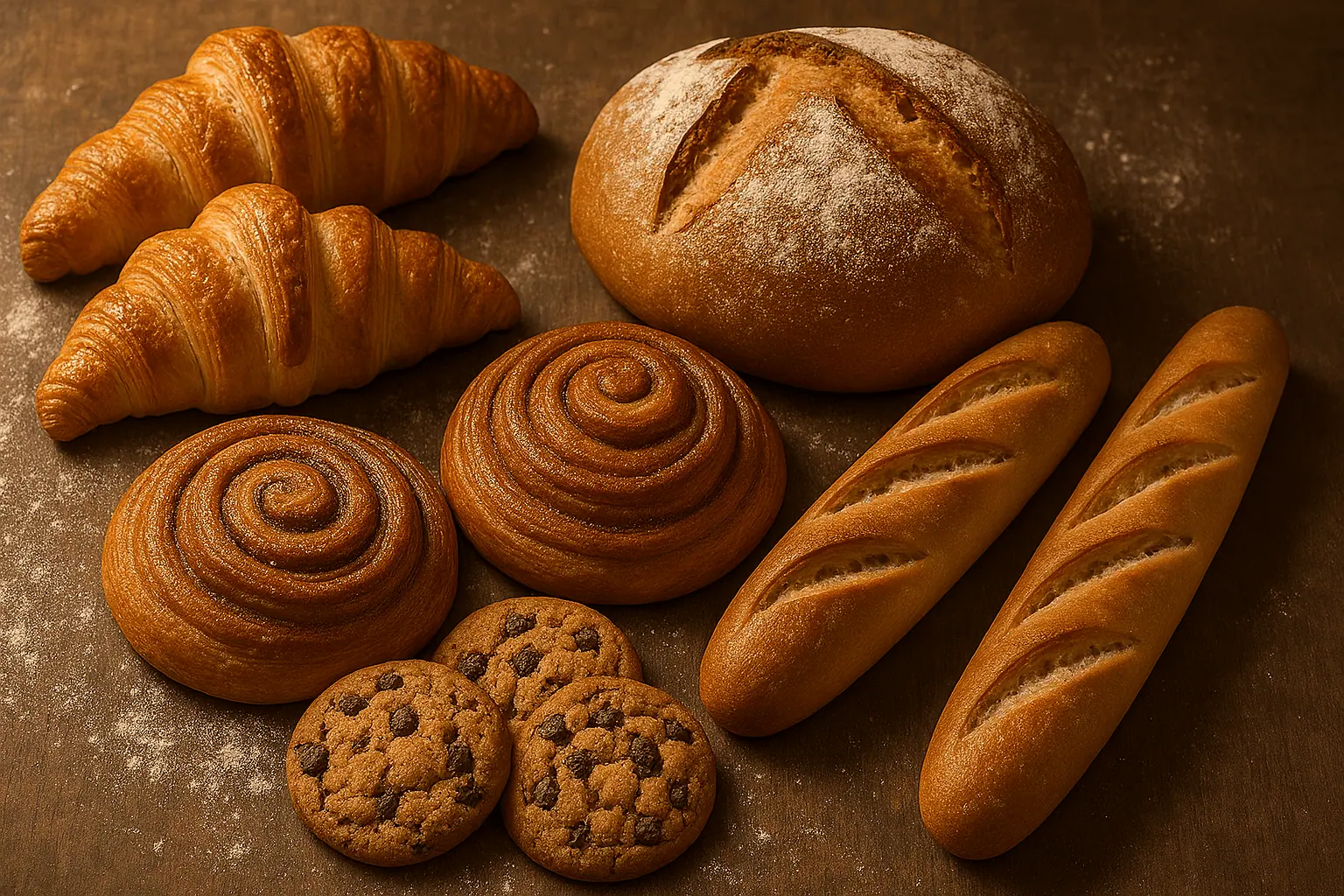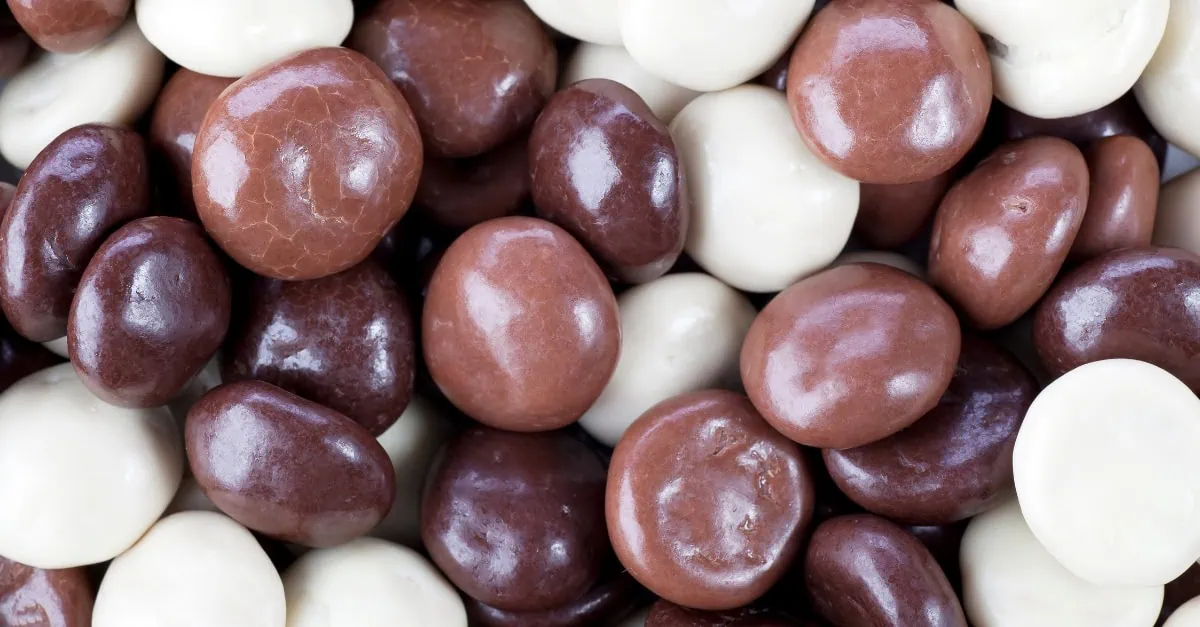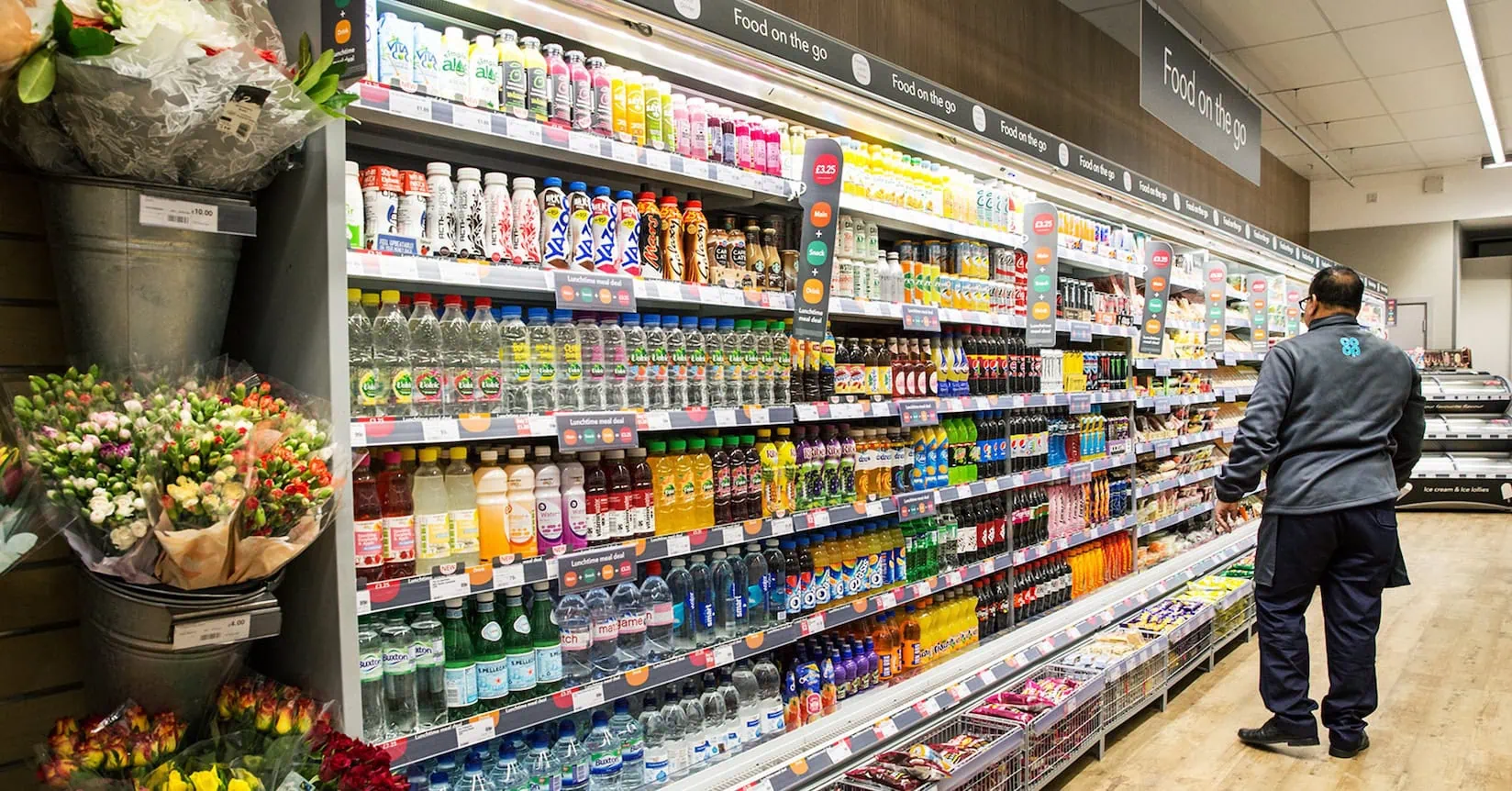Due to an ever-changing landscape, the bakery industry has become more resilient, tech-savvy, and in some cases localized with its procurement strategies. We look at 10 key events that have had a major impact on baked goods procurement in the last decade.
1. Brexit (2016-2020)
The UK’s exit from the EU disrupted cross-border trade, especially in terms of tariffs, customs checks, and regulatory divergence.
Procurement effects: UK bakeries faced delays and cost increases when sourcing ingredients from the EU. Many had to localize supply chains or renegotiate contracts to account for new trade barriers.
2. Global supply chain disruptions (2018-2023)
Events like the Ever Given ship blocking the Suez Canal (2021) and ongoing container shortages impacted global shipping.
Procurement effects: Delays in ingredient imports, for example, cocoa, spices, and packaging materials, led bakeries to seek regional suppliers, increase buffer stock, or switch to more reliable shipping lanes.
3. US-China trade tensions and tariffs (2018-2020)
The imposition of tariffs on various goods during the trade war raised the costs of equipment, packaging, and raw materials.
Procurement effects: Bakeries importing goods or machinery from China had to adjust sourcing strategies, shift to domestic suppliers, or absorb higher costs.
4. Covid-19 Pandemic (2020-2022)
It’s no secret that the pandemic caused unprecedented disruption in global supply chains, affecting ingredient availability, like flour, yeast, and eggs.
Procurement effects: Bakeries faced delays, shortages, and price spikes. Many had to find local or alternative suppliers quickly, and digital procurement tools gained traction for remote sourcing and supplier communication.
5. Labor shortages and workforce shifts (Post 2020)
Labor shortages in agriculture and logistics, for example, truck drivers and warehouse workers, disrupted ingredient availability.
Procurement effects: Bakeries experienced delivery delays and higher supplier lead times, leading to closer supplier relationships and longer-term procurement contracts to ensure reliability.
6. Inflation and energy crises (2021-2024)
Rising energy prices (especially in Europe) and inflation have increased production, transportation, and ingredients costs.
Procurement effects: Bakeries optimized inventory levels, sought energy-efficient suppliers, and restructured procurement contracts to account for price volatility.
7. Russia-Ukraine war (2022-present)
Ukraine and Russia are major wheat exporters; the ongoing conflict has led to global wheat shortages and soaring prices.
Procurement effects: Increased raw material costs, especially flour, forced bakeries to renegotiate contracts, diversify suppliers, and reformulate products to cope with cost volatility.
8. Adoption of AI and predictive analytics (Present)
The rise of AI tools allowed better forecasting of ingredient demand, price fluctuations, and supplier risks.
Procurement effects: Larger bakeries began implementing AI to streamline procurement, reduce waste, and optimize contract timing based on predicted market shifts.
9. Digital transformation and E-procurement platforms (Present)
The adoption of cloud-based procurement systems like SAP Ariba and Coupa has streamlined sourcing and vendor management.
Procurement effects: Enhanced visibility, faster supplier onboarding, improved risk management, and data-driven decision-making have become central to procurement strategies.
10. Consumer demand for sustainability and clean labels (Present)
Consumers increasingly demand organic, non-GMO, and locally sourced ingredients.
Procurement effects: Bakeries are re-evaluating supplier standards, prioritizing eco-friendly partners, and adapting procurement policies to include sustainability certifications like RSPO for palm oil or Fair Trade cocoa.
Are we missing something or would you add something to the list? Let us know over on LinkedIn.



